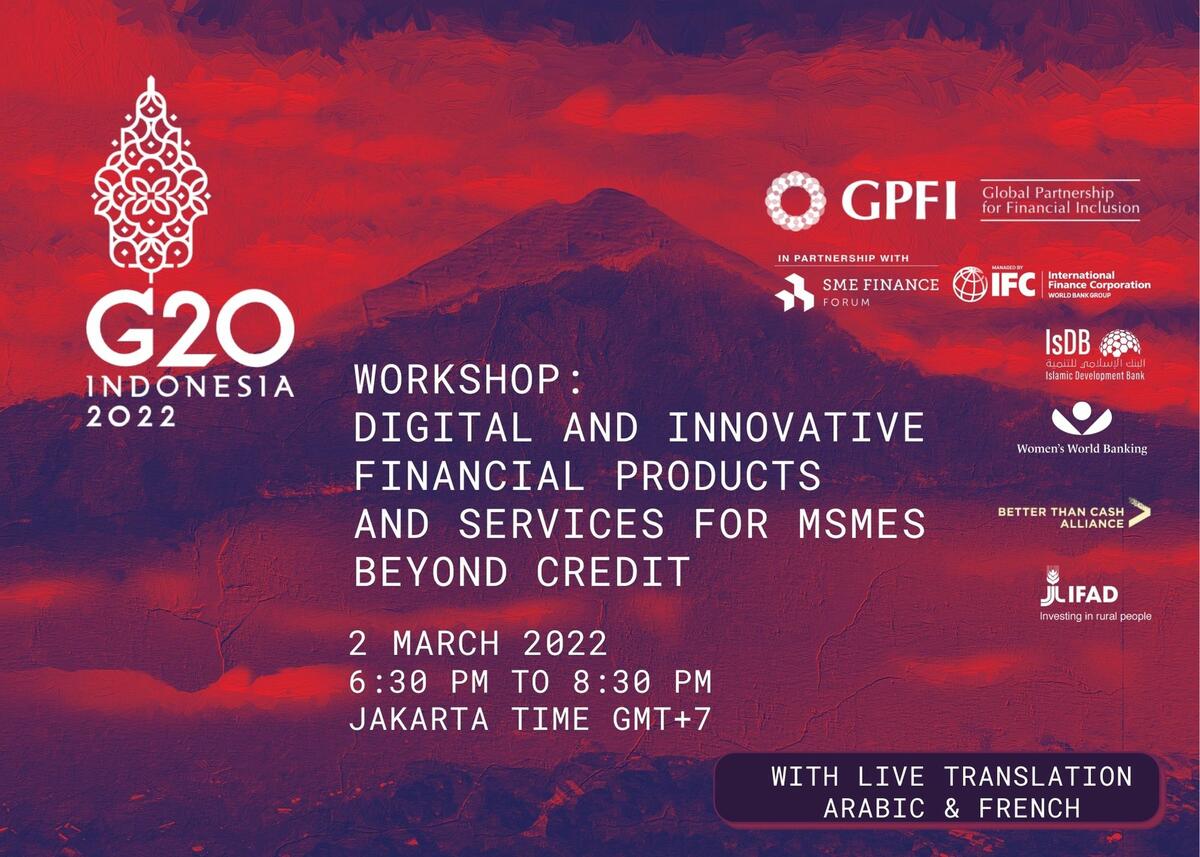Blog
Banking the Gig Economy

Banking the gig economy, what I heard at the Small Biz: banking conference 2019
The annual Small biz: banking conference organized by the American Banker took place this year in Los Angeles, California in the United States. It gathered around 300 attendees (own estimate) from banks, credit unions and innovative tech startups. The event also offered powerful onsite networking as well as seven digital demos from very innovative fintech.
Topics covered during the 2-day conference were very varied and the agenda was structured around 3 main themes:
• Marketing and Selling (branch strategy, customer stickiness and the impact of AI and IoT on the customer’s journey)
• Delivering Value (product/service pricing and delivery virtually and through branch, call center / field sales forces and unified customer experience)
• Financing Profitability (risk management, portfolio assessment and fintech lending solutions).
Among all the sessions, two were very though provoking and tackling topics not so often discussed in such conferences. One titled “The (not so) small business of pot banking” and one about the gig economy titled “More Than A Side Hustle: Bank Accounts for Dog Walkers, YouTube Stars and Etsy Sellers.”
But what is gig economy? The gig economy is based on flexible, or freelance jobs, often involving connecting with clients or customers through an online platform. One of the main differences between a gig and traditional work arrangements, however, is that a gig is a temporary work engagement, and the worker is paid only for that specific job.
This panel gathered speakers from Novo (mobile business bank account for the modern entrepreneur.), Joust (payment services for gig economy) and Green Dot (which team up with community banks to apply digital technology to improving consumer and SME services).
The panel opened with a straw poll asking attendees: “Are gig workers considered as entrepreneurs and business owners?” The result in the audience was massively ‘yes’!
But, do gig workers have unique banking needs and behaviors within the business owner segment? Without a doubt, that niche segment has the several specific needs like inconsistent and/or unpredictable income patterns, credit needs, health (and other) insurance needs, and tax requirements.
Gig workers are getting a lot of attention these days from fintech which seem to be better positioned to serve them. Challenger banks provide new features within existing banking products that help those ‘neo entrepreneurs’ manage the ups and downs of their money. Incumbent banks on their side are oblivious to the gig economy opportunity, considering it as an external trend but not a real opportunity.
While challenger banks still must prove that their business models are viable and can be scaled, traditional banks must realize that they are missing out on a huge opportunity. Lamine Zarrad, co-founder and CEO of Joust and one of the speakers in that panel, reminded the audience that gig workers in the US only represent 4% of the total estimated global gig economy.
My personal takeaway: this segment is definitively a huge untapped strategic opportunity!







